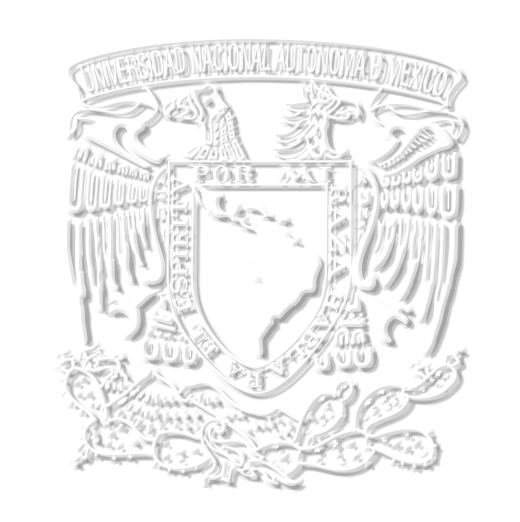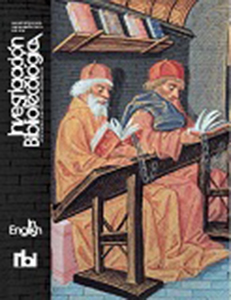Abstract
The present research reports the results of the Claraboya project, focused on improving two variables: 1) student’s satisfaction with resources available in the campus library through the implementation of attitudinal changes in their teachers regarding reading assignments, and 2) students’ academic performance in the participant courses. Methods: Using a pre-experimental design, degrees of satisfaction a sample of 373 students for seven accessibility indicators were compared to those found in two random samples of participating students on the Service-Quality Survey from 2013. Findings: For six of the seven variables analyzed, averages obtained for the students in the Claraboya Project Research Survey (cprs) are higher than those reported in the in 2013 Sample 1 and 2013 Sample 2. Additionally, there is a statistically significant greater level of satisfaction in six and five variables against scores reported in the random samples. To check the second hypothesis, courses taught by the same teacher in 2012 and 2013 (Claraboya) were selected and their averages compared. Insofar as only four of the twentyone showed statistically significant differences, this hypothesis was rejected. Finally, the scope and limitations of this study are discussed.Authors:
- They must sent the publication authorization letter to Investigación Bibliotecológica: archivonomía, bibliotecología e información.
- They can share the submission with the scientific community in the following ways:
- As teaching support material
- As the basis for lectures in academic conferences
- Self-archiving in academic repositories.
- Dissemination in academic networks.
- Posting to author’s blogs and personal websites
These allowances shall remain in effect as long as the conditions of use of the contents of the journal are duly observed pursuant to the Creative Commons:Attribution-NonCommercial-NoDerivatives 4.0 license that it holds. DOI links for download the full text of published papers are provided for the last three uses.
Self-archiving policy
For self-archiving, authors must comply with the following
a) Acknowledge the copyright held by the journal Investigación Bibliotecológica: archivonomía, bibliotecología e información.
b) Establish a link to the original version of the paper on the journal page, using, for example, the DOI.
c) Disseminate the final version published in the journal.
Licensing of contents
The journal Investigación Bibliotecológica: archivonomía, bibliotecología e información allows access and use of its contents pursuant to the Creative Commons license: Attribution- Non-commercial-NoDerivatives 4.0.

Investigación Bibliotecológica: archivonomía, bibliotecología e información by Universidad Nacional Autónoma de México is licensed under a Creative Commons Attribution-NonCommercial-NoDerivatives 4.0 Internacional License.
Creado a partir de la obra en http://rev-ib.unam.mx/ib.
This means that contents can only be read and shared as long as the authorship of the work is acknowledged and cited. The work shall not be exploited for commercial ends nor shall it been modified.
Limitation of liability
The journal is not liable for academic fraud or plagiarism committed by authors, nor for the intellectual criteria they employ. Similarly, the journal shall not be liable for the services offered through third party hyperlinks contained in papers submitted by authors.
In support of this position, the journal provides the Author’s Duties notice at the following link: Responsibilities of authors.
The director or editor of the journal shall notify authors in the event it migrates the contents of the journal’s official website to a distinct IP or domain.







